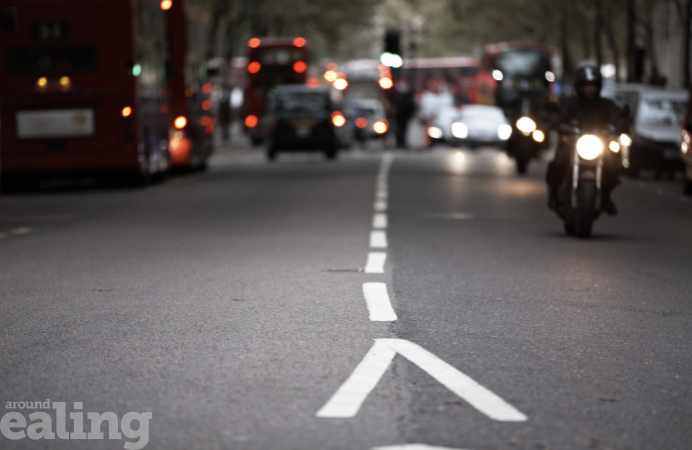A new website that allows residents in the borough to find out about the air quality in their neighbourhood launches today.
Using an interactive monitoring map, the website provides near to real-time air quality data from monitoring sensors located across the borough.
The easy-to-use site uses data from local monitoring sites and sensors to inform residents about levels of air pollution. The air pollution levels are presented in a simple way known as Daily Air Quality Index (DAQI). The index is numbered 1-10 and is determined by the highest concentration of key pollutants.
It can tell you about the day’s local pollution levels and predict air quality for the next day.
Councillor Deirdre Costigan, cabinet member for climate action, said: “We’ve taken strong action against air pollution in our borough, from ramping up fines for unnecessary idling to the maximum, to investing £10million in new walking and cycle routes. This new website helps inform residents about the need to improve air quality and gives examples of how they can get involved.
I hope residents, families and schools will use this great resource to find out about air pollution and consider making small changes such as walking and cycling more, switching off engines when stationary and replacing or reducing reliance on wood and coal burning appliances, so we can work together to improve our air quality.”
Studies show that air pollution can reduce life expectancy by 7 to 8 months on average. It presents a greater risk for vulnerable groups, such as the elderly, pregnant women, children, and people with lung disease.
The site also includes lots of useful advice on what residents and schools can do to reduce pollution.
The council recently published its air quality strategy outlining how it is working to improve local air quality, what partners and residents can do to help, and how everyone can work together to protect the health of everyone who lives and works in the borough.
The council is making a £10 million investment to increase active travel, cycling, walking, running, and scooting, and encouraging more motorists to leave the car at home.
The council is also taking action against unnecessary vehicle idling by issuing drivers with £80 penalty fines, the maximum allowed by law, for running a vehicle engine while not in motion.
Making day to day changes, like leaving the car at home and walking to school or your workplace, will contribute to reducing pollution-related health risks, as well as helping make all the family healthier.
The council successfully won Department for Environment Food and Rural Affairs (Defra) funding to improve local air quality in the borough.







